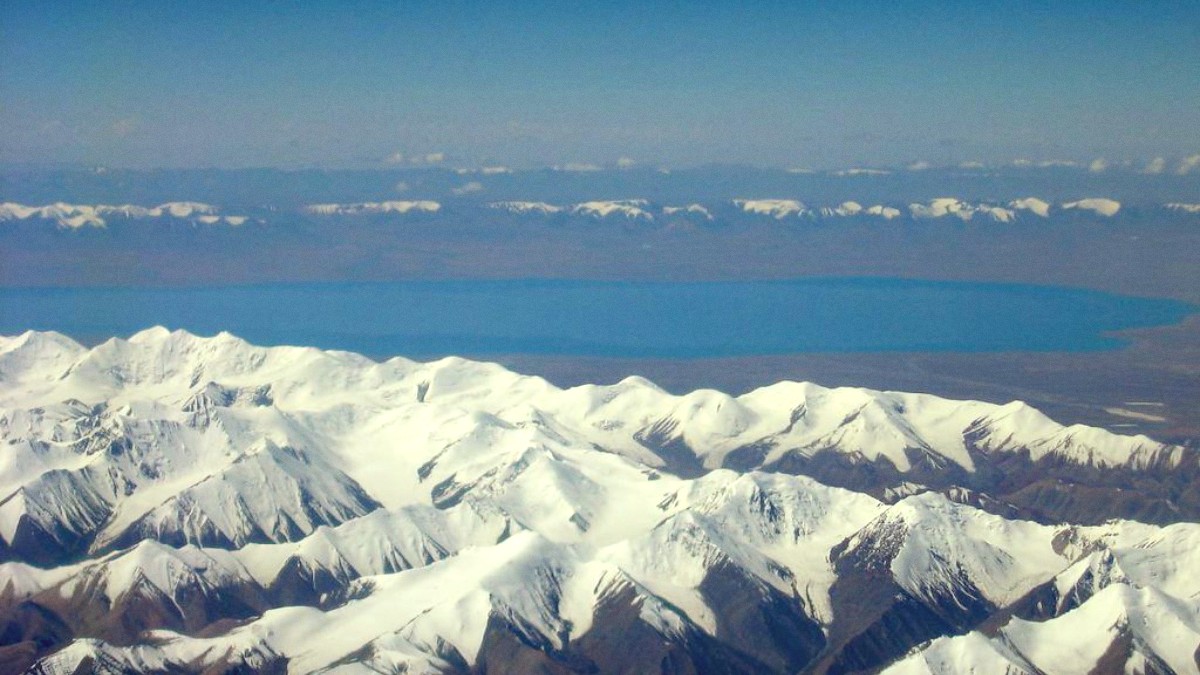
China
The vastness and stark beauty of the Qinghai-Tibet Plateau foster an unique connection with nature and a sense of awe. This includes Qinghai Lake and the Qilian Mountains.
Direct exposure to distinct Tibetan Buddhist and Hui Muslim cultures (monasteries, traditions, cuisine) deepens cultural insights.
Journeying through this remote and culturally distinct region cultivates appreciation for cultural diversity and interconnectedness.
Navigating language barriers, different customs, and high-altitude conditions builds resilience and flexibility.
Travel in remote areas sometimes calls for patience with transportation and unexpected changes.
Embrace new culinary experiences, cultural practices, and ways of seeing the world.
Your actions help preserve Qinghai's unique heritage.
Dress appropriately, especially when visiting religious sites.
Ask permission before photographing people, and never photograph inside sacred spaces where prohibited.
Learn and respect local customs and traditions, notably at monasteries and in ethnic minority areas.
Refrain from discussing sensitive political or religious topics.
Engage respectfully with local communities, learning about their traditions.
Strive for positive contributions to local well-being.
Seek opportunities to interact with locals and learn from their way of life.
Your presence can support the continuation of local traditions and crafts.
Aim for your visit to leave a beneficial footprint on the community and environment.
Traveling with respect and care preserves the beauty of Qinghai for all.
Consider where your journey might take you after Qinghai.
Dunhuang (Gansu Province) is a great choice for Mogao Grottoes, Crescent Lake, and ancient Silk Road history.
Lhasa (Tibet Autonomous Region) offers more profound Tibetan Buddhist experiences. This journey requires a special permit and tour.
Zhangye (Gansu Province) is home to the Danxia landforms and further exploration of the Qilian Mountains.
Combine Qinghai with nearby regions for a broader itinerary.
These regional connections allow for comprehensive cultural and natural exploration.
Plan seamless transitions between provinces for varied experiences.
Vary your experience by revisiting in different seasons or for specific events.
If you visited in summer, return in winter for serene snowscapes, fewer crowds, and a focus on the cultural depth of Xining and its monasteries.
Plan a return trip specifically to coincide with major festivals like the Butter Lamp Festival or Tibetan horse racing festivals for an unique cultural experience.
Each season in Qinghai offers distinct natural beauty and activities, providing fresh perspectives with each visit.
Extend your palate exploration beyond Qinghai.
Famous for its spicy Sichuanese cuisine and panda encounters.
Known for its diverse street food, notably Hui Muslim dishes like Roujiamo and hand-pulled noodles.
The capital of hotpot, offering an intense culinary experience.
A hub for Cantonese cuisine and dim sum.
A city with a mix of local Shanghainese dishes and international flavors.
Known for Peking duck and imperial court cuisine.
May your Qinghai adventure fill you with enduring memories and inspiration for future travels.